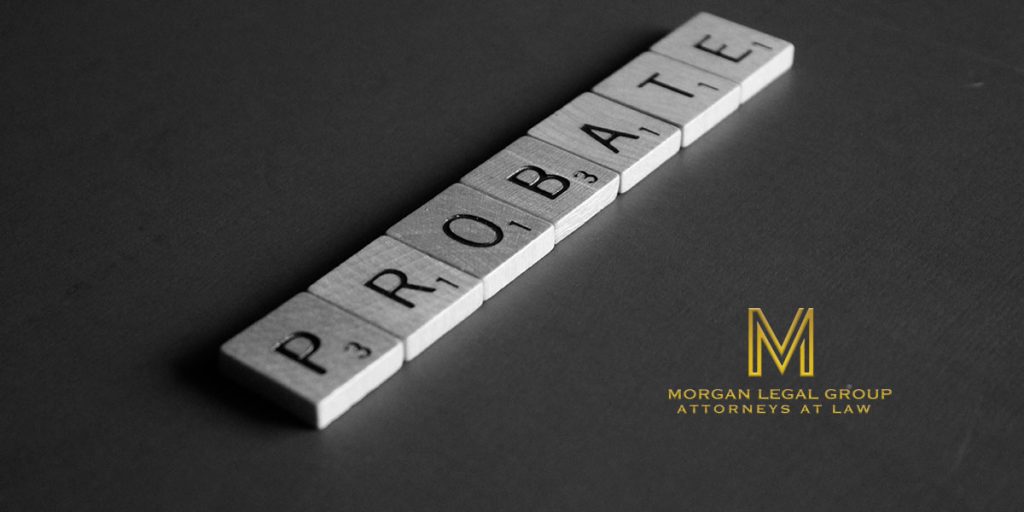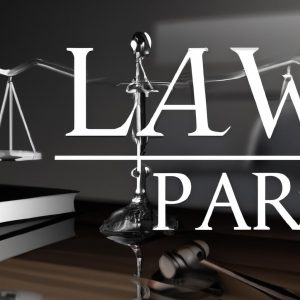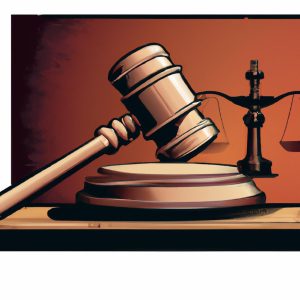Introduction to Probate
Welcome to Morgan Legal Group P.C., where we specialize in guiding individuals and families through the probate process in New York. Probate is a crucial legal process that occurs after a person’s passing, involving the validation of their will and the distribution of their assets. This comprehensive guide will provide detailed insights into the probate process, how it works in New York, and how our experienced probate attorneys can assist you.
Understanding Probate
Probate is the legal process through which a deceased person’s assets and estate are distributed according to their will or, in the absence of a will, according to state law. It ensures the decedent’s wishes are honored, and their assets are transferred to the rightful heirs or beneficiaries. The process involves several steps, which we’ll elaborate on in the sections below.
The Probate Process in New York
New York has specific laws and procedures governing the probate process. It’s essential to clearly understand these, whether you are an executor, a beneficiary, or an interested party. Our Morgan Legal Group P.C. team is well-versed in New York probate law and can expertly guide you through each stage.
1. Filing the Petition
The first step in the probate process is filing a petition with the Surrogate’s Court in the county where the decedent lived. This petition officially initiates the probate proceedings.
2. Validating the Will
The court will examine the submitted will to ensure its authenticity and validity. This may involve verifying the signatures, confirming the decedent’s mental capacity, and ensuring there was no undue influence.
3. Appointing the Executor
If the will designates an executor, the court will appoint them to administer the estate. The court will appoint an administrator if there is no will or designated executor.
4. Notifying Creditors and Beneficiaries
Notice of the probate proceedings is sent to known creditors, providing them with an opportunity to make claims against the estate. Additionally, beneficiaries are notified of their rights and the ongoing process.
5. Inventory and Appraisal of Assets
The executor or administrator compiles an inventory of the decedent’s assets, including real estate, financial accounts, personal property, and more. These assets are then appraised for their fair market value.
6. Settling Debts and Taxes
Prior to distributing assets to beneficiaries, the estate’s debts and taxes, including income tax and estate tax, must be settled. This may involve selling assets or using available funds.
7. Distributing Assets
Once all debts and taxes are paid, the remaining assets are distributed to the designated beneficiaries according to the terms of the will or state law.
8. Closing the Estate
After all steps are completed, the executor or administrator submits a final accounting to the court detailing the distribution of assets and the settlement of debts. Once approved, the estate is officially closed.
How Morgan Legal Group P.C. Can Assist You
At Morgan Legal Group P.C., we understand that the probate process can be complex and emotionally challenging. Our experienced probate attorneys are here to provide you with the guidance, support, and legal expertise you need during this time. Whether you are an executor, a beneficiary, or an interested party, we will ensure that the probate process proceeds smoothly and efficiently while protecting your interests.
Contact Us Today
If you require assistance with the probate process in New York, do not hesitate to contact us. Our Morgan Legal Group P.C. team is dedicated to providing top-notch legal services to individuals and families navigating the probate process. Schedule a consultation today, and let us help you secure your loved one’s legacy.






